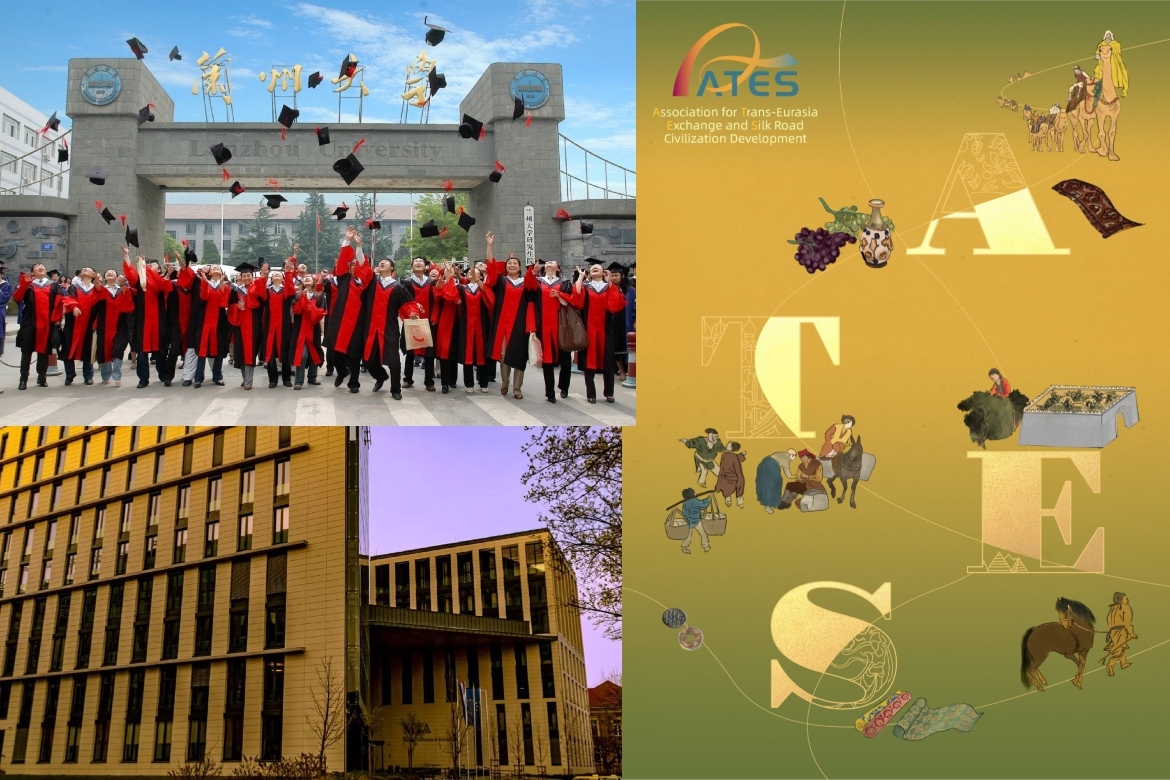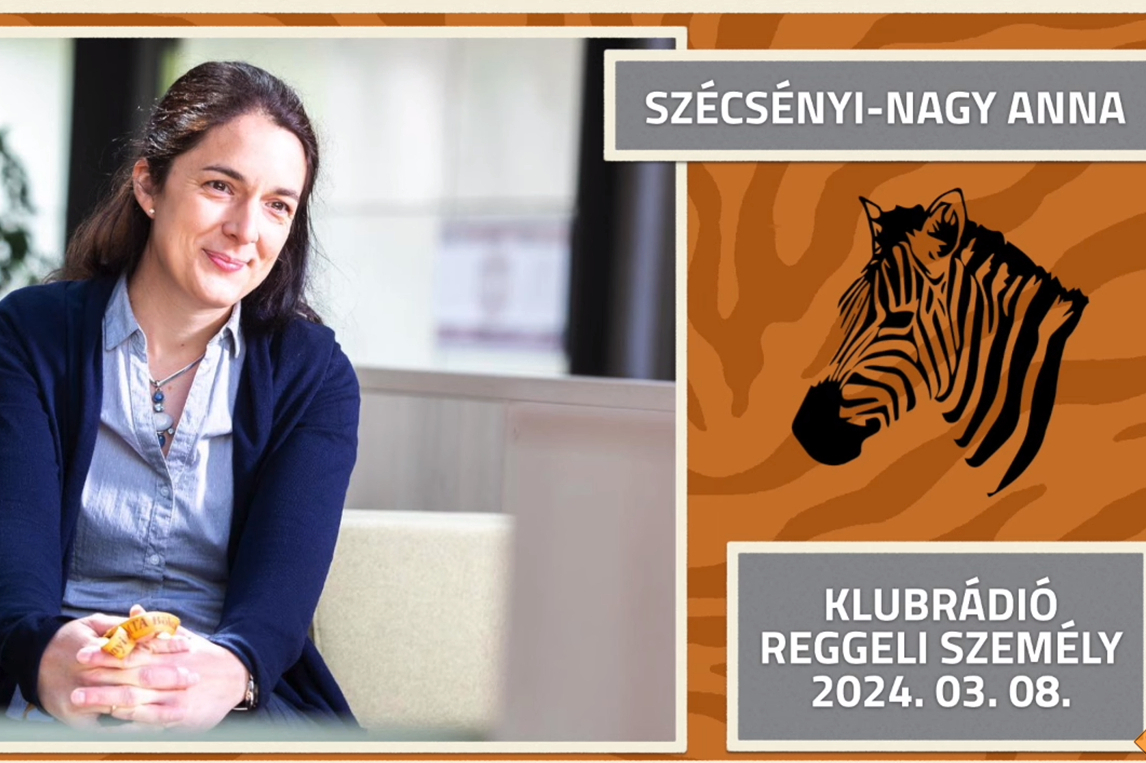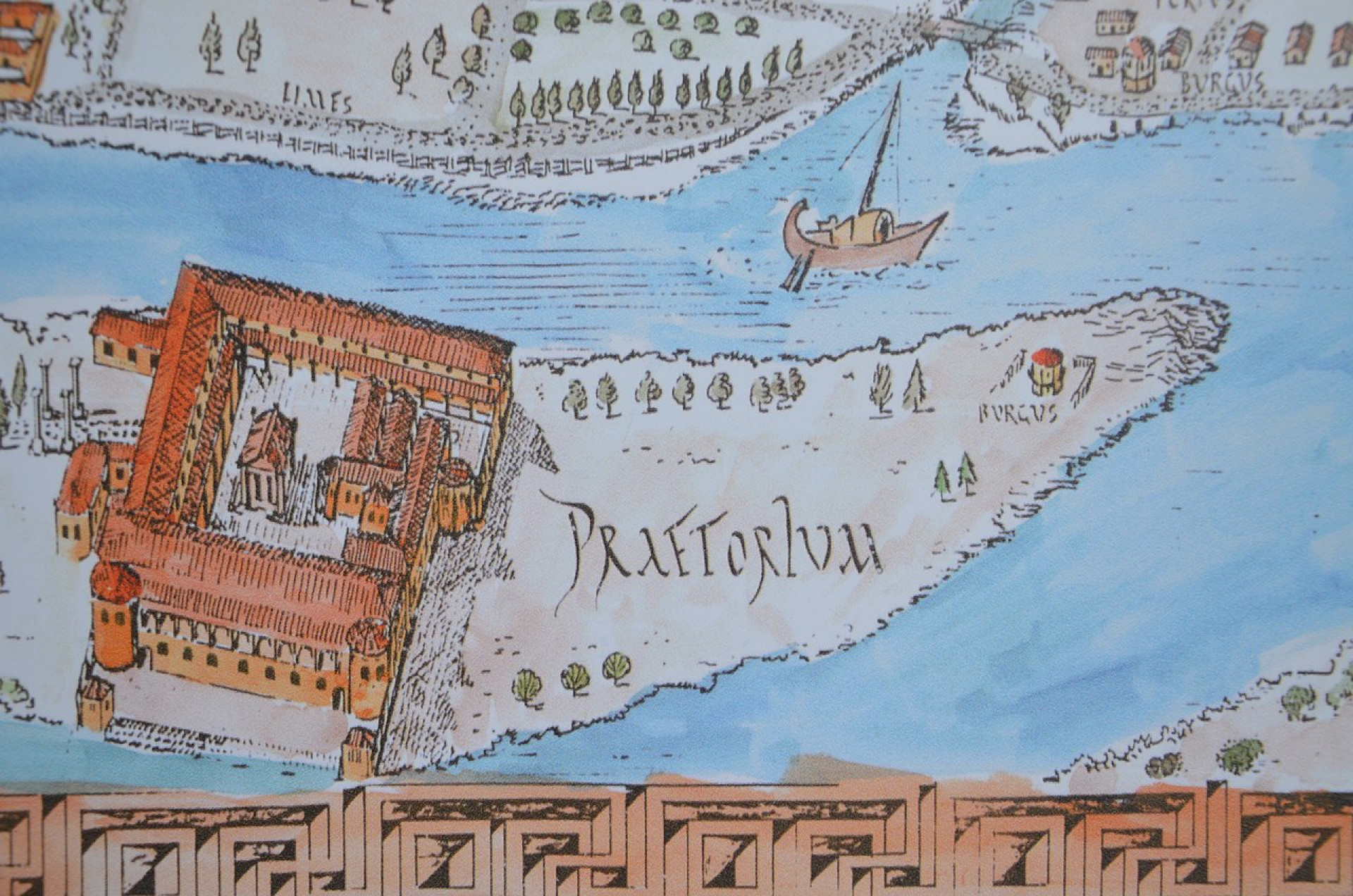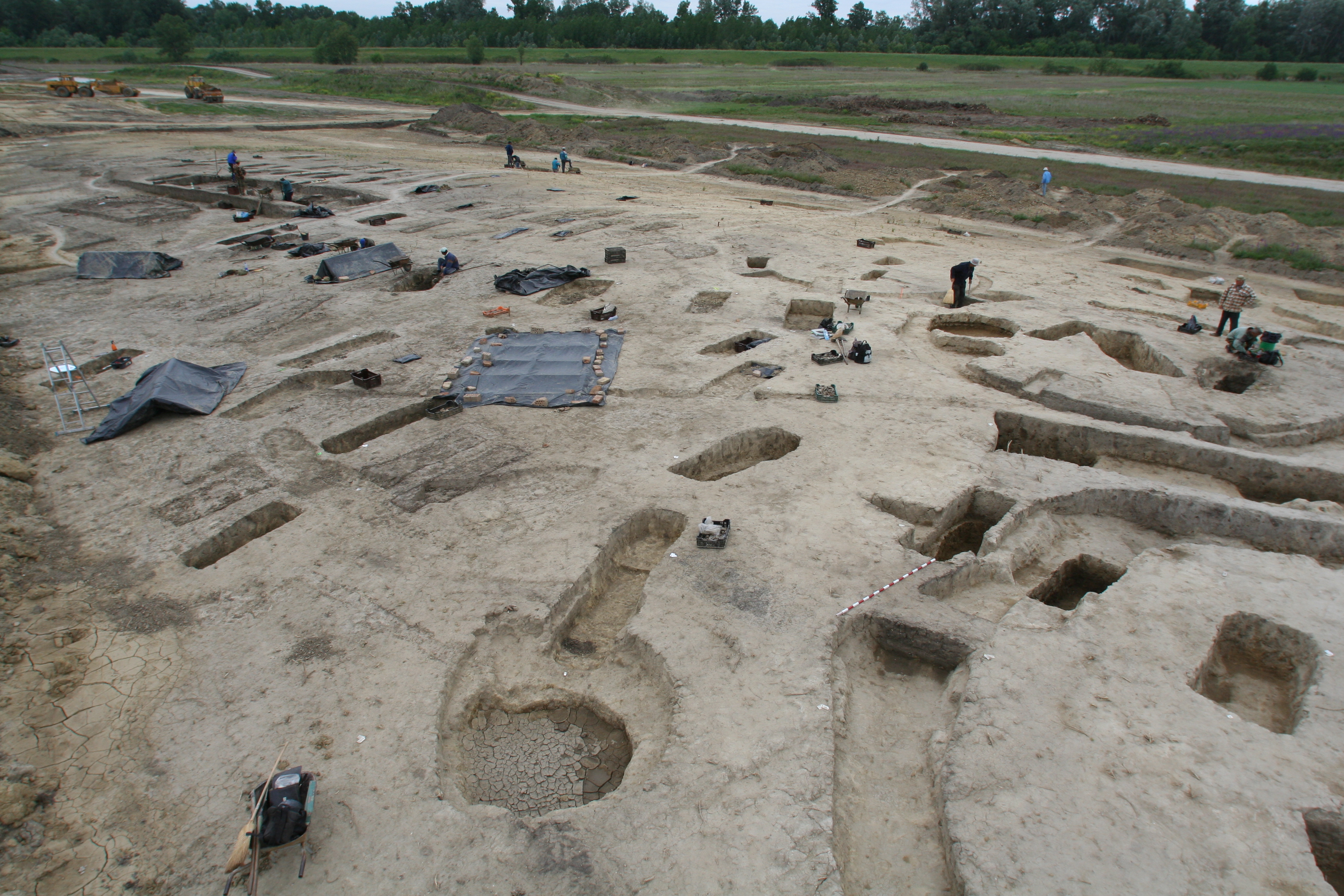
Led by researchers from the Eötvös Loránd University and the Max Planck Institute for Evolutionary Anthropology in Leipzig, the study that reveals the patterns of kinship organization in Avar society (6th-9th century AD) was published in the scientific journal Nature.
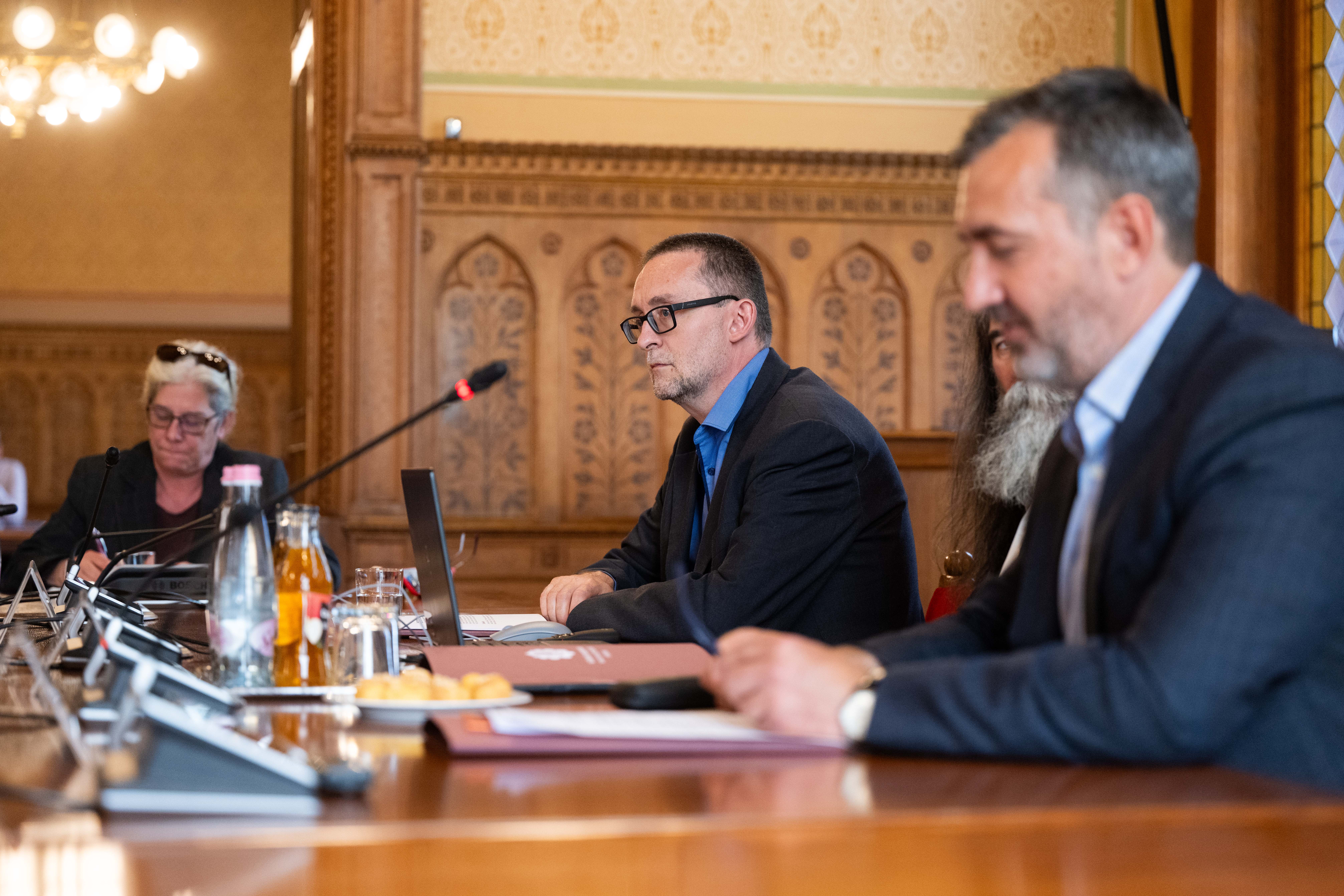
On April 9, 2024, Mende Balázs Gusztáv, deputy director of our institute, delivered a presentation titled "Hungarian Prehistory and the Image of the Hungarians. What Can Archaeogenomics Contribute?" at the meeting of the Specialist Policy Working Group of the Forum of Hungarian Representatives from the Carpathian Basin (KMKF).
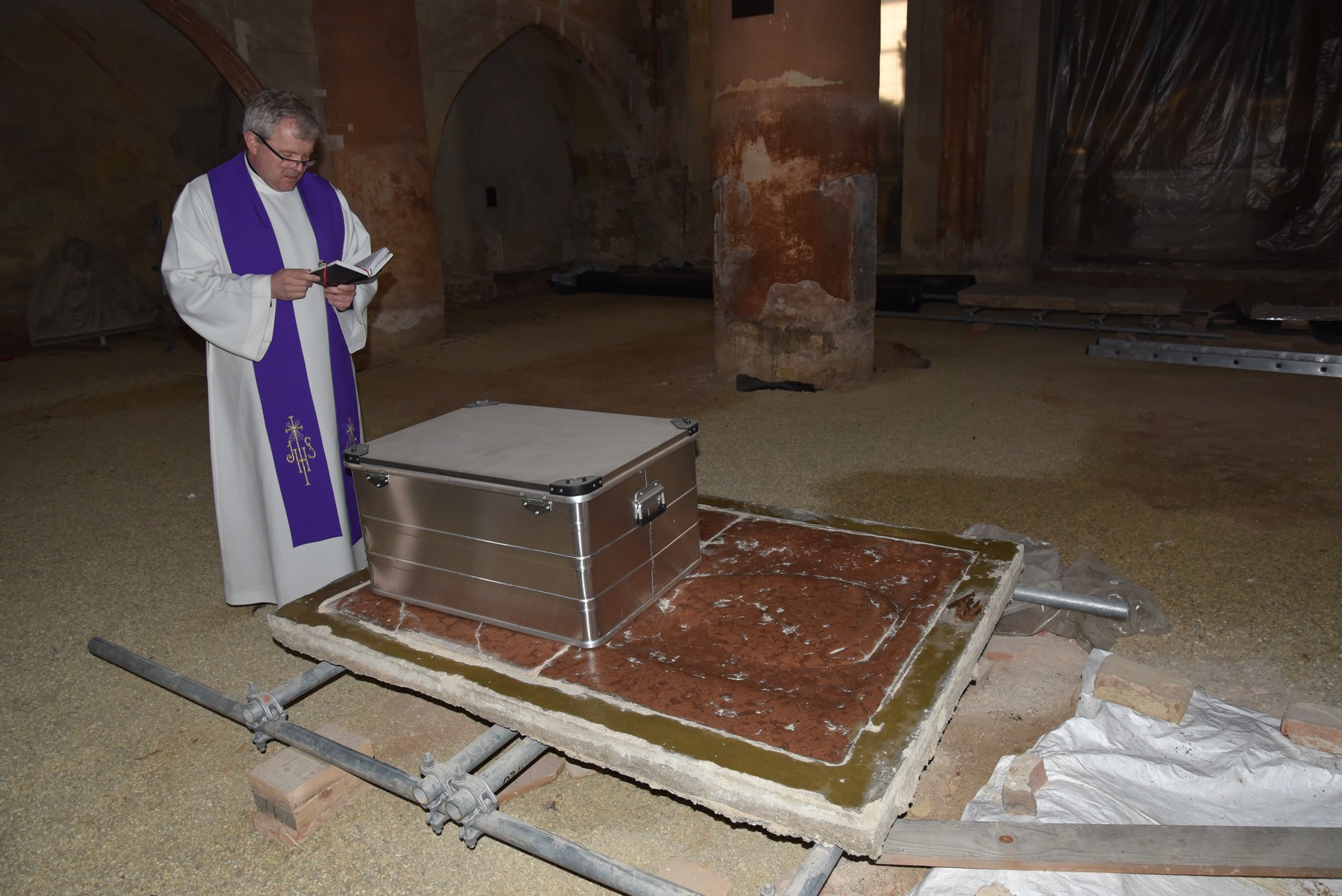
The family crypt in the middle of the main nave in the St. James Church on the historic main square of Kőszeg was in a highly disturbed state, meaning the bones were not lying in anatomical order. The bones selected for genetic testing were sampled by the employees of the Budapest-based Institute of Archaeogenomics (HUN-REN Research Centre for theHumanities).
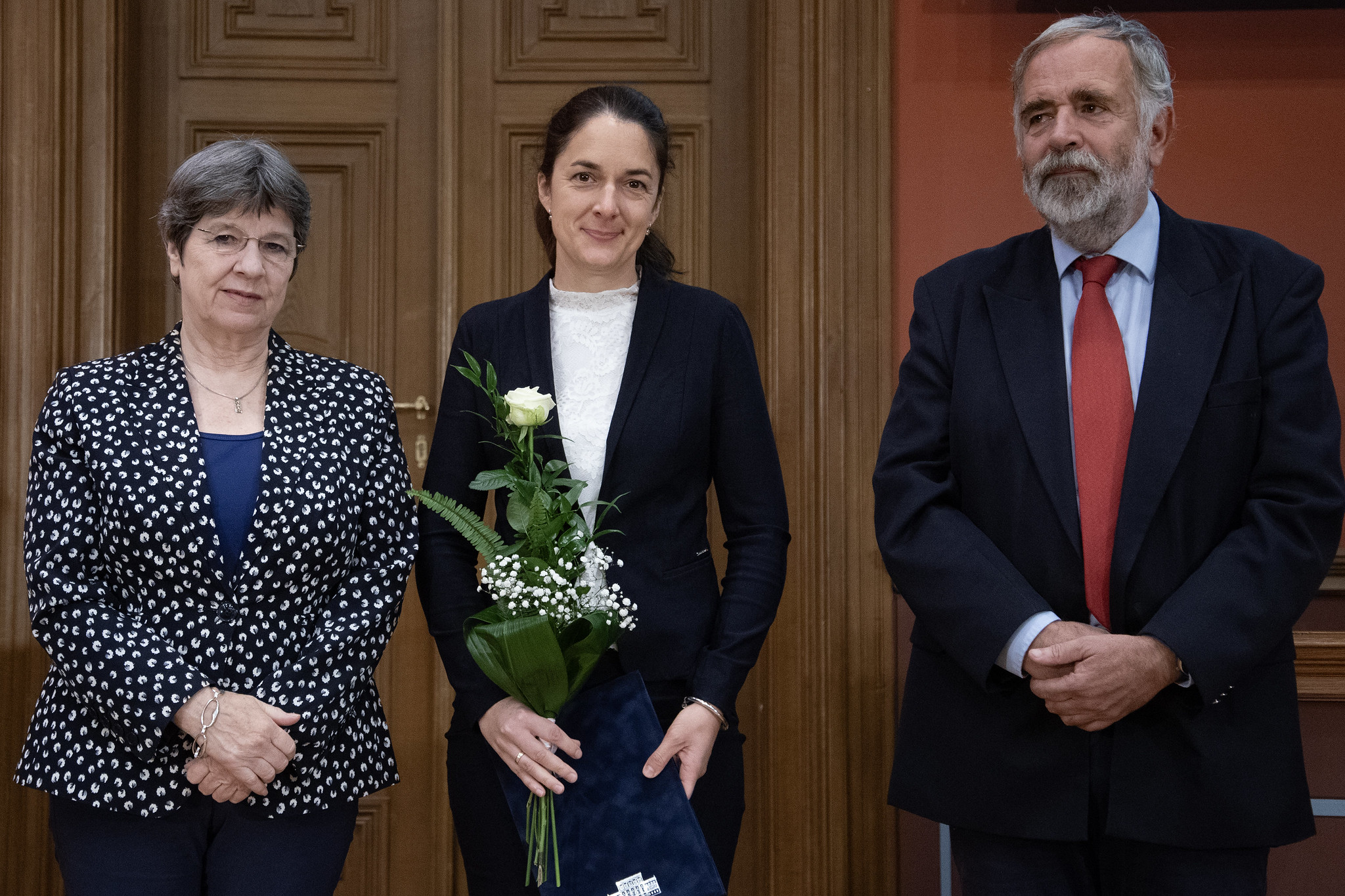
On September 26, 2023, the official announcement of the results of the MTA's Momentum Grant (MTA Lendület Pályázat) took place, where the winning applicants briefly presented their research projects. Among them was Anna Szécsényi-Nagy, the director of our institute outlined the interdisciplinary research plans for the emerging Momentum Bioarchaeology Research Group's project titled "Life and Death at the Edge of the Roman Civilization: Complex Bioarchaeological Analysis of Pannonian Communities”.
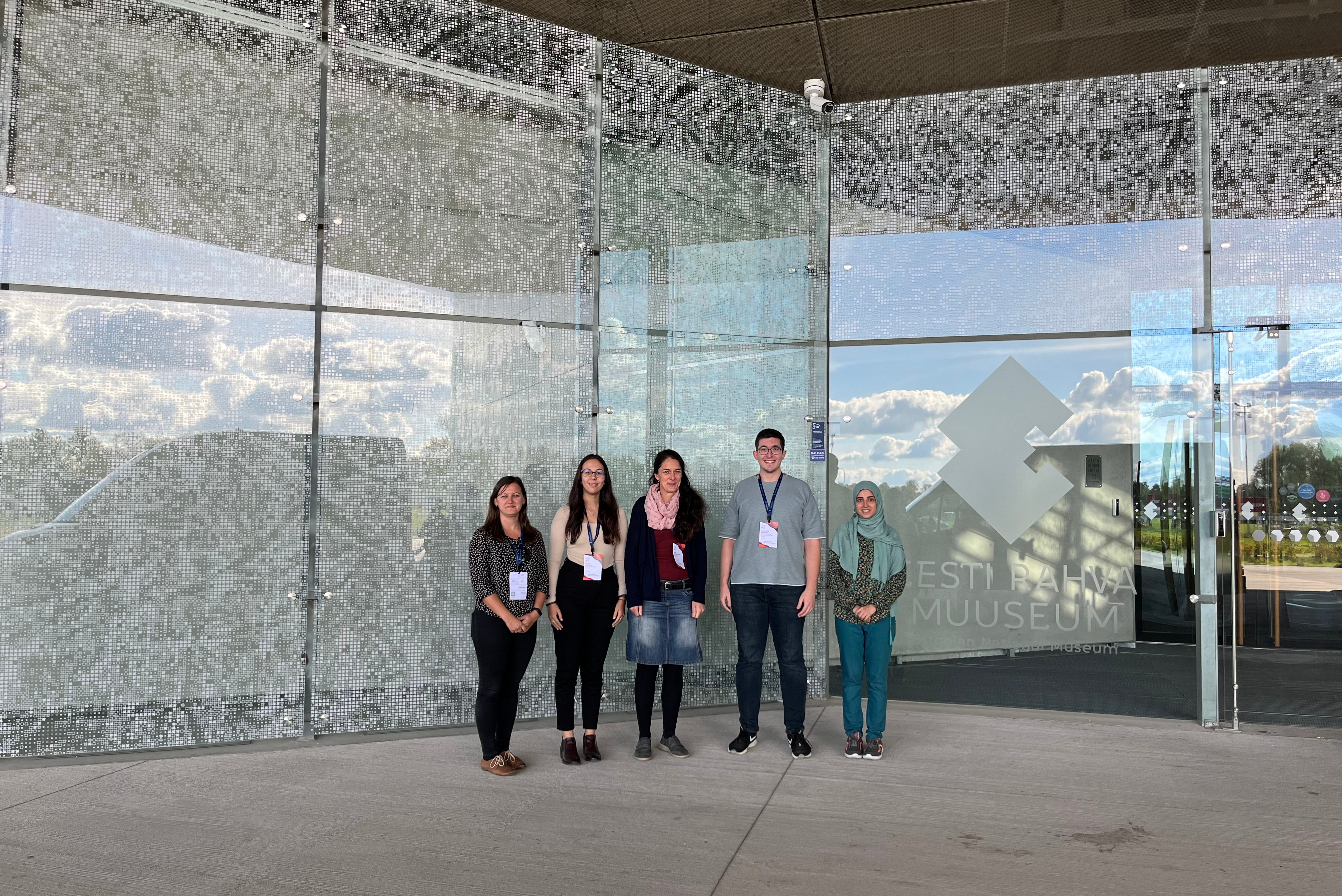
The International Society for Biomolecular Archeology (ISBA) organized the 10th ISBA conference between the 13-15th of September in Tartu, Estonia. Anna Szécsényi-Nagy, our director and five colleagues of the Institute of Archaeogenomics participated in one of the most prestigious events in the scientific field with a lecture and four posters.
More Articles …
- Our collegues at ERC Histogenes 2023 Plenary Meeting
- Bronze Age descendants of a previously unknown population near the Lake Balaton - new archaeogenomic results
- New Momentum Research Group in the Institute of Archaeogenomics
- Presentations of our colleagues at the 5th International and 17th Iranian Genetics Congress in Tehran
Page 5 of 8



